Premium Only Content
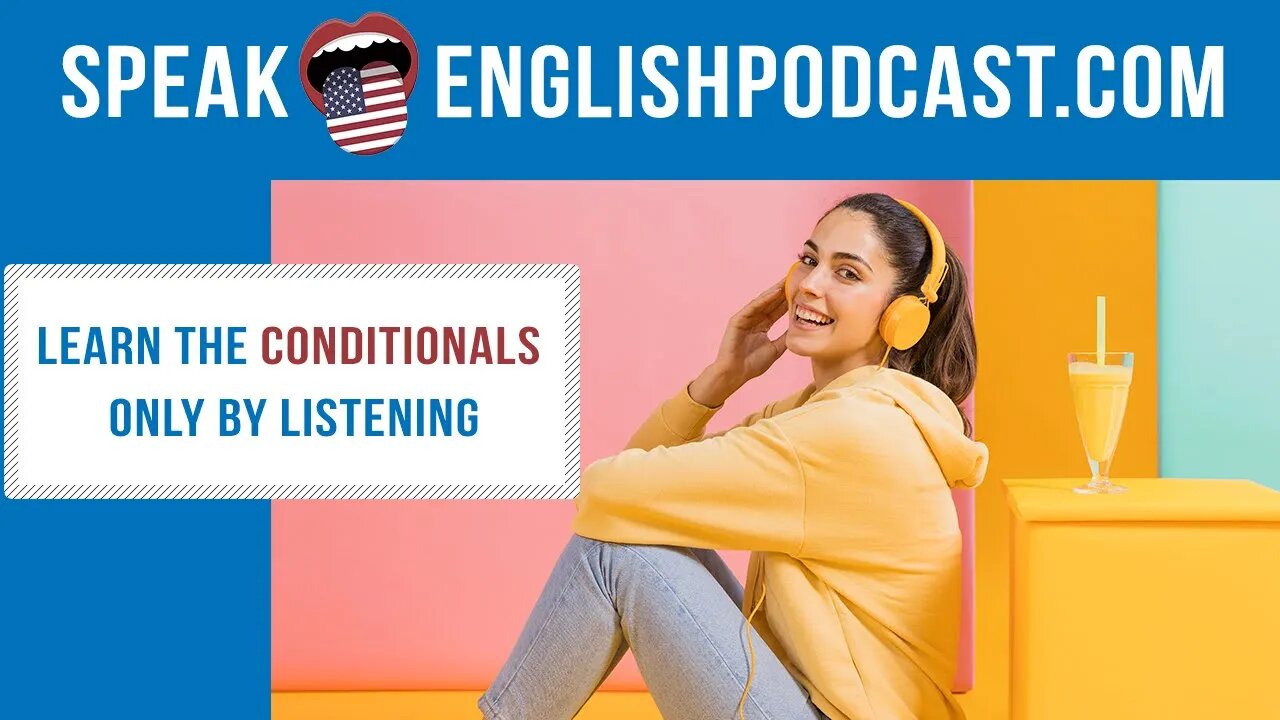
#148 Learn the English Conditionals only by listening (rep)
#148 Learn the English Conditionals only by listening (rep)
READ the TEXT here: https://Speakenglishpodcast.com
Please join me on Telegram:https://t.me/speakenglishpodcastcom
0:00 Intro
0:13 Episode 148
3:35 Story
Hi everyone!
I’m Georgiana; founder of SpeakEnglishPodcast.com. My mission is to help YOU speak English fluently.
Today, I’ll talk about how we use conditionals in English.
After that, we’ll practice them with a Point Of View Story.
Ok, let’s get started!
I’m going to review the different conditionals in English. I don’t recommend you to memorize them, but to understand them. You need plenty of contexts, and the best way to practice the conditionals is by using the Point of View story technique.
Conditionals in English aren’t complicated. I’m going to give you some examples:
Zero conditional
Here, we talk about things that are always true. For example:
If you heat water, it boils.
If you heat ice, it melts.
If it rains, the grass gets wet.
First Conditional
We use the first conditional when we talk about a probable result. For example:
If you study more, you’ll pass the exam.
If I have time, I’ll help you.
Second Conditional
We use the second conditional in case we want to express less probability.
I know you’re busy, but if you went to the cinema, you’d enjoy the new Star Trek movie.
If you studied more, you’d pass the exam.
As you can see, this is more hypothetical. “If you went to the cinema”, means you won’t probably go, but if you went, then you’d like the movie. In the second example happens the same: If you studied more…it seems that you aren’t currently studying enough.
Third Conditional
This third conditional is in the past. We talk about an alternative result about something that happened in the past. For example:
If you had studied more, you would’ve passed the exam.
If I had had more time, I would’ve helped you.
If I had visited you, I could’ve helped you.
In the third conditional, everything happens in the past, and we just express a different result if things weren’t different in the past.
Let’s quickly review the first, second, and third conditional with a common example:
If I have enough money, I’ll buy a ticket to travel to New York.
If I had enough money, I would buy a ticket to travel to New York.
If I had had enough money, I would’ve bought a ticket to travel to New York.
Can you see how the tenses change?
#148 Learn the English Conditionals only by listening (rep)
READ the TEXT here: https://Speakenglishpodcast.com
Please join me on Telegram:https://t.me/speakenglishpodcastcom
-
 13:55
13:55
Speak English podcast with teacher Georgiana
2 years ago251 Technical problems on Zoom – Speak English Now podcast
2991 -
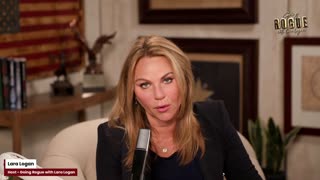 9:40
9:40
Lara Logan
44 minutes agoHonoring Charlie Kirk - Going Rogue with Lara Logan - LIVE
11 -
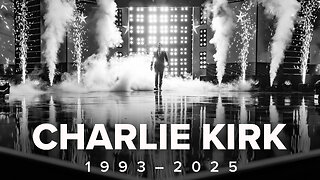 3:03:45
3:03:45
The Charlie Kirk Show
4 hours agoCharlie Kirk: A Life of Faith, A Legacy That Endures
396K335 -
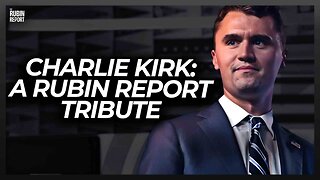 3:58:08
3:58:08
The Rubin Report
5 hours agoCharlie Kirk’s Best Moments on The Rubin Report
34.1K12 -
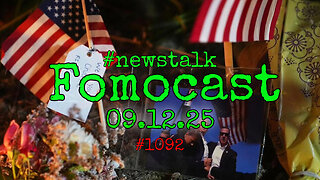 UPCOMING
UPCOMING
FomoTV
16 hours ago🕯 Charlie Kick Assassinated — Radical Campus Rhetoric Made This Possible | Fomocast 09.11.25
522 -
 3:08:36
3:08:36
Right Side Broadcasting Network
5 hours agoLIVE REPLAY: Latest News from the Trump White House - 9/12/25
45.7K12 -
 LIVE
LIVE
Dr Disrespect
4 hours ago🔴LIVE - DR DISRESPECT DESTROYS BORDERLANDS 4 - INSANE LOOT, CHAOS & RAGE
1,321 watching -
 1:28:34
1:28:34
Mark Kaye
4 hours ago🔴 How Charlie Kirk's Killer, Tyler Robinson, Was Caught!
31.3K25 -
 59:58
59:58
Jeff Ahern
1 hour agoFriday Freak out with Jeff Ahern
5.67K1 -
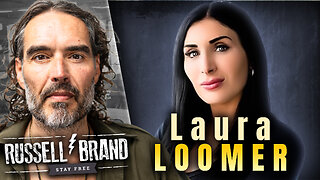 1:29:00
1:29:00
Russell Brand
5 hours agoLaura Loomer: The Most Banned Woman in the World - SF632
71.8K114